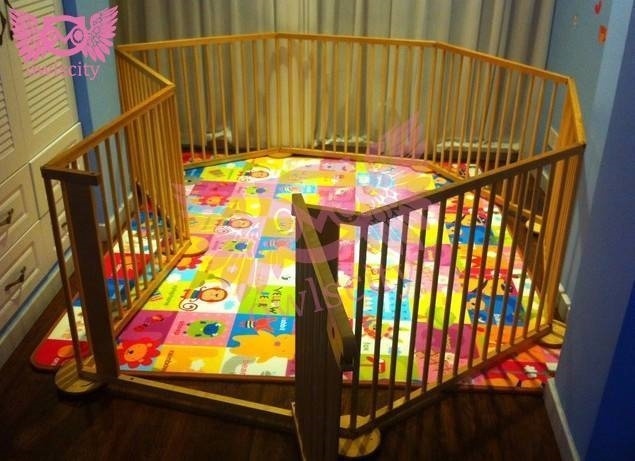A website devoted to teaching/playing/composing for/ the King of Instruments
Jun. 19, 2016
Go Easy With It
One of the greatest things organists can do is to introduce the instrument to uninitiated adults and, especially, to little children; this kind of interaction at a very early age leaves an impression that will last a lifetime, both for the child and the adult showing them.
Proper supervision, however, is crucial.
Nothing can be more frustrating than to sit down one day to your personal instrument and discover that something isn't working, or a key is broken, or something's been spilled in it, or there's dirt and filth all over it, due to some form of abuse or mishandling.
An organ can be easily damaged by being rough with the controls; many fine, old, historic consoles have been ruined this way.
The same safeguards need to be in place for your personal instrument in your residence as are in place for the instrument on which you're always performing in public; an unsupervised person, young or old, if they're heavy handed, can wreak havoc upon it in a very short time.
Your practice space at home (that room in your residence with shelves upon shelves of sheet music you've spent a lifetime collecting, with that beautiful instrument sitting there that you've spent a lifetime dreaming about owning), represents the working studio of a musician, your own sacred space; but for a little child, this (photo) is what that same sacred space looks like to them.
It helps to lay down certain rules for any visitors to that working studio, rules like, "If you want to see it, touch it, or hear it, come and get me."
Telling people "you can't hurt it by playing it" is a good, indirect way of getting the point across to them that your equipment is vulnerable to breakage if mishandled, that people are NOT to stand on the pedalboard, that people are NOT to "bang on the keys," that people are NOT to have any food or drink around it, that people are not to mess with it at all unless you personally are in the room with them.
Well meaning parents watching their children work the keys and console controls without you in the room with them is NOT "proper supervision."
To help eliminate conflict among the children in the room, it helps to enforce the rule that "everyone may have a turn, but there will be only ONE person on the bench, and only ONE person playing it, at a time."
Locking the fallboard is a good safeguard to keep the manuals and stop mechanism from abuse; barricades of various kinds can also help protect the pedals.
Don't forget to be patient with others, especially uninformed adults; typically, they don't have a clue about the operation of the console or what things cost.
Share this page
